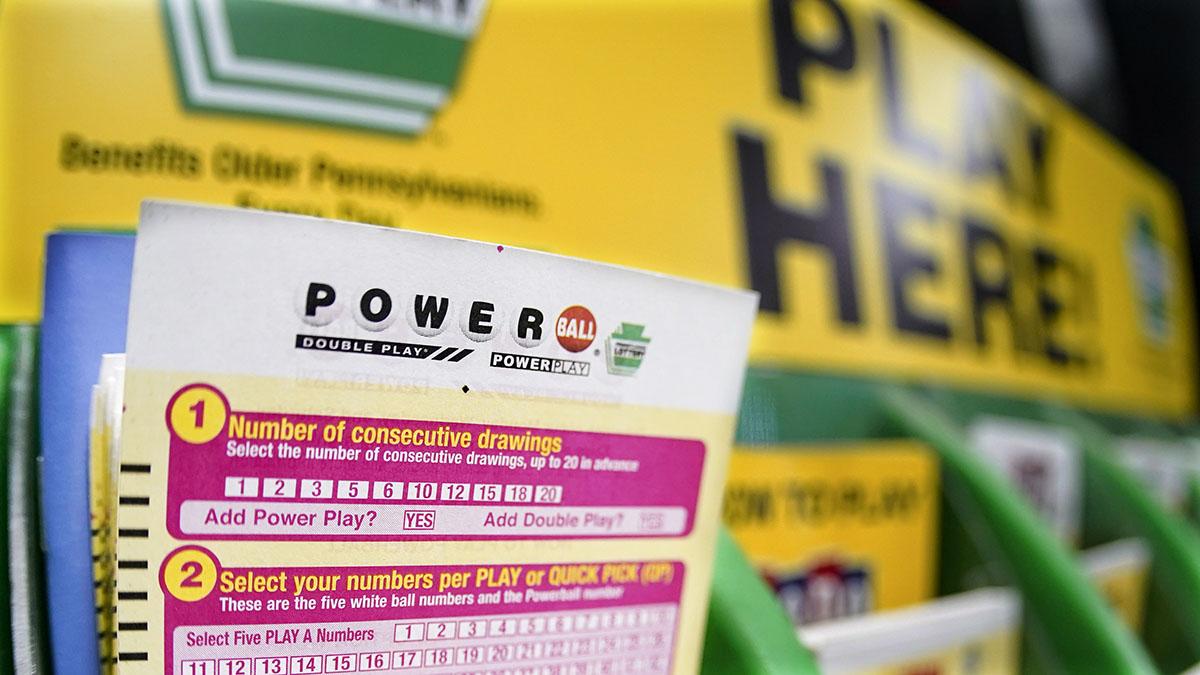The Powerball jackpot has leaped to $1.7 billion after there were no big grand prize winners in Wednesday’s drawing.
Wednesday’s winning numbers were 3, 16, 29, 61, 69 with a red Powerball of 22 and a PowerPlay multiplier of 2. That resulted in four $2 million winners across Michigan, Oregon, Texas and Wyoming and 11 $1 million winners from Florida, California (2), Colorado, Georgia (two), Illinois, Maryland, Minnesota, Ohio and Pennsylvania.
The $1.7 billion jackpot is for an annuity option, paid over 30 years. Winners almost always opt for the lump-sum cash prize, which for Powerball would be $770.3 million cash.
The prize is subject to taxes, which includes an automatic federal withholding of 24% and another 13% in federal taxes when you file your 2025 return.
There are also state taxes in some jurisdictions, which range from 2.9% to 10.9% depending on the state you live in. But if you’re lucky enough to live in California, Florida, New Hampshire, South Dakota, Tennessee, Texas, Washington or Wyoming, you won’t pay state taxes on your winnings.
The next Powerball drawing is on Saturday, Sep. 6, 2025.
No one has won Powerball’s jackpot since May 31, 2025, a stretch of 42 consecutive drawings without anyone matching the game’s six numbers. Before that, the jackpot was hit 11 times, however, the winnings were all under $600 million.
The $1.7 billion prize ranks the jackpot as third largest in U.S. lottery history when including Mega Millions.
The largest lottery jackpot in U.S. history stands at $2.04 billion and was won by a single Powerball ticket in California on Nov. 7, 2022. The winner, Edwin Castro, came forward in early 2023 after months of speculation.
The reason for the jackpot drought is simple: The odds of winning the top prize are miserable, at 1 in 292.2 million. It’s those odds that create the large jackpots that are designed to attract attention and drive up sales.
Powerball is played in 45 states plus Washington, D.C., Puerto Rico and the U.S. Virgin Islands. Drawings are held at 10:59 p.m. ET at the Florida Lottery studio in Tallahassee.
“The lesson didn’t really go according to plan.” Math professor Nicholas Kapoor bought a Powerball ticket to demonstrate how improbable it is to win the lottery – and then he won $100,000. Here’s what he wants you to know about playing the Powerball.
